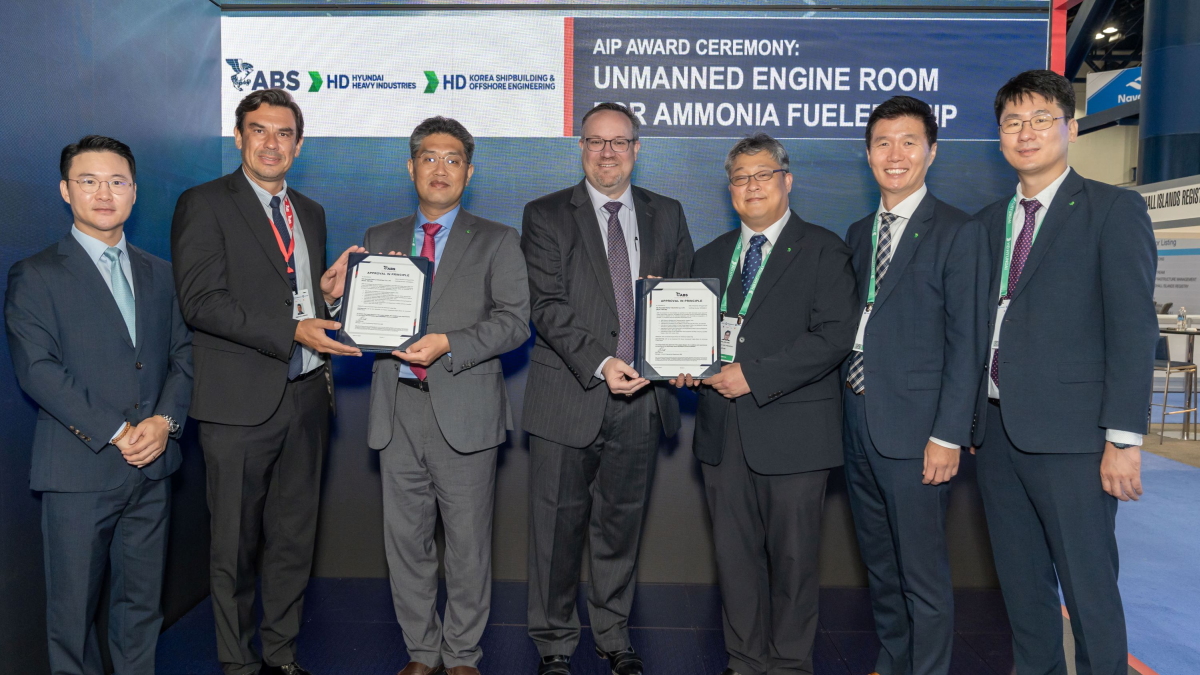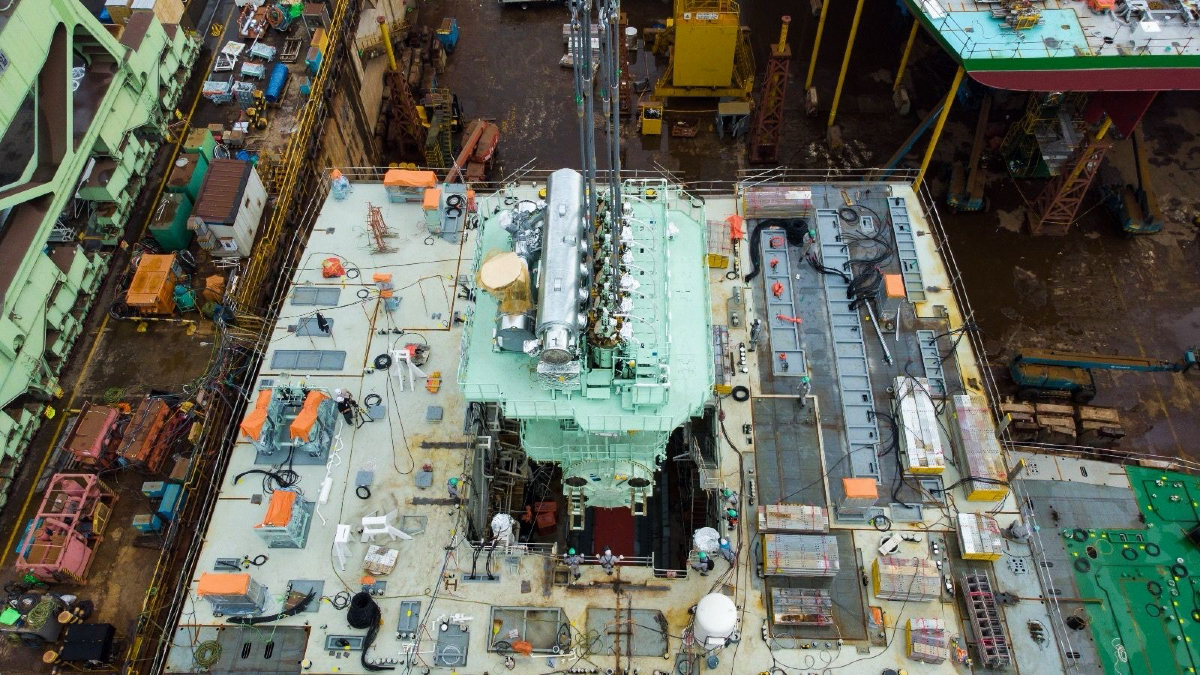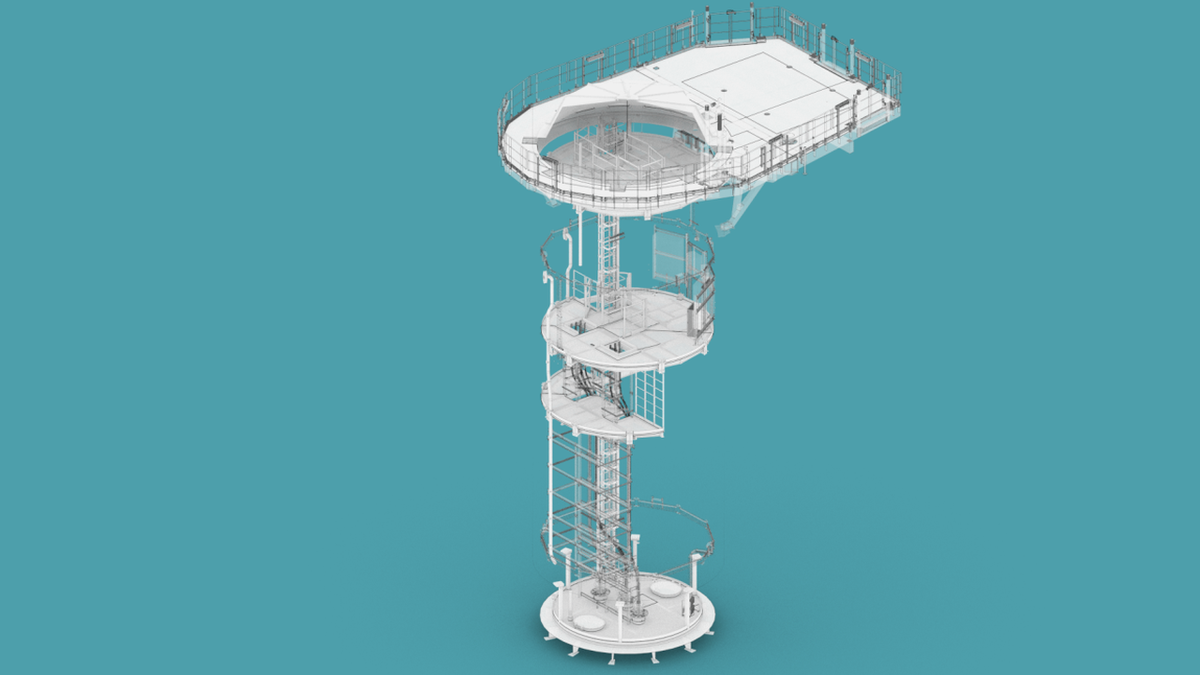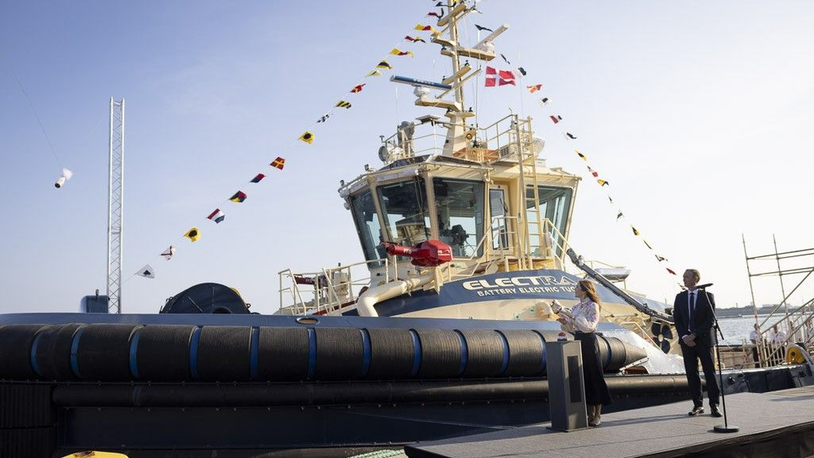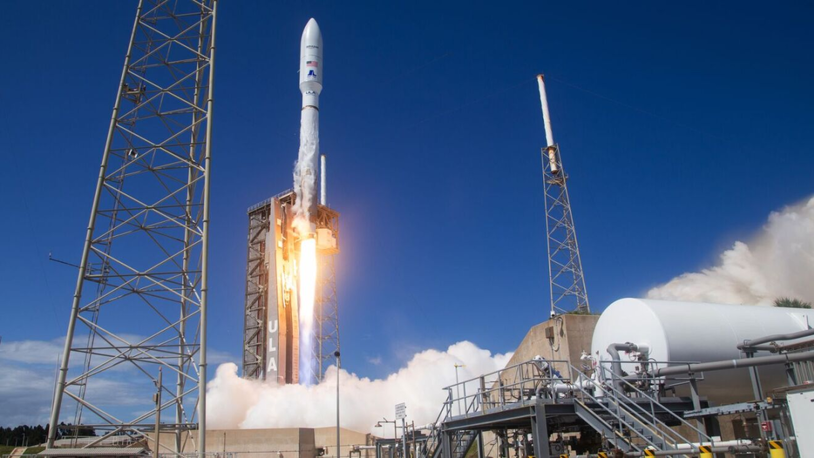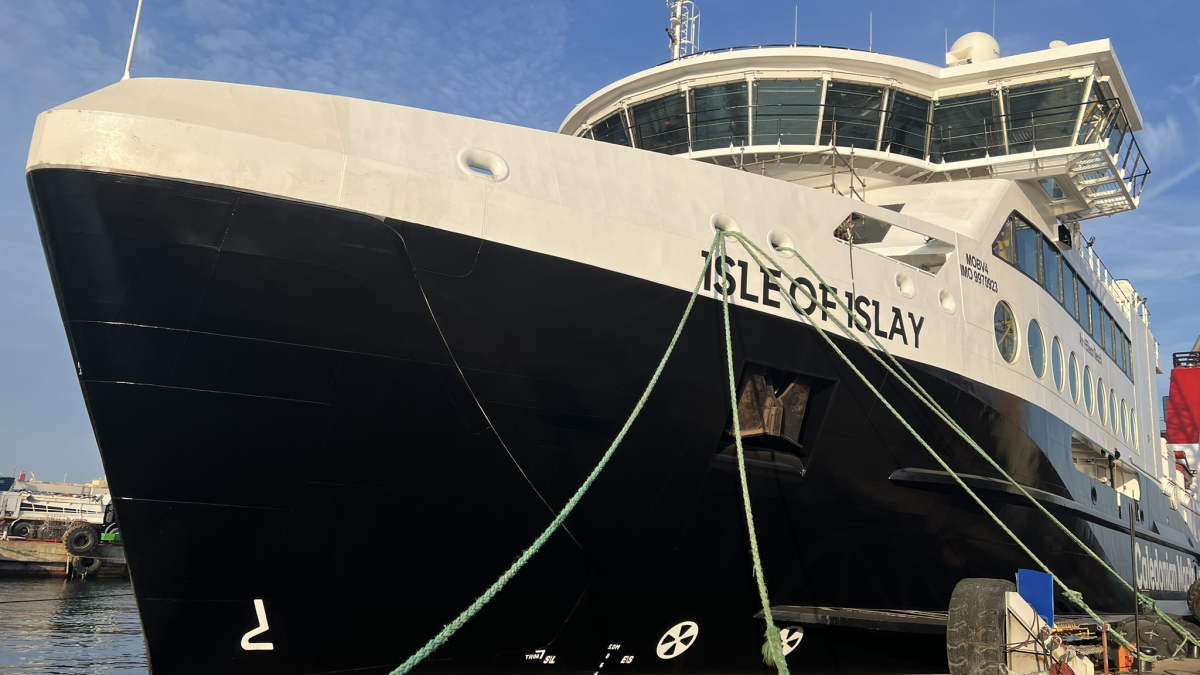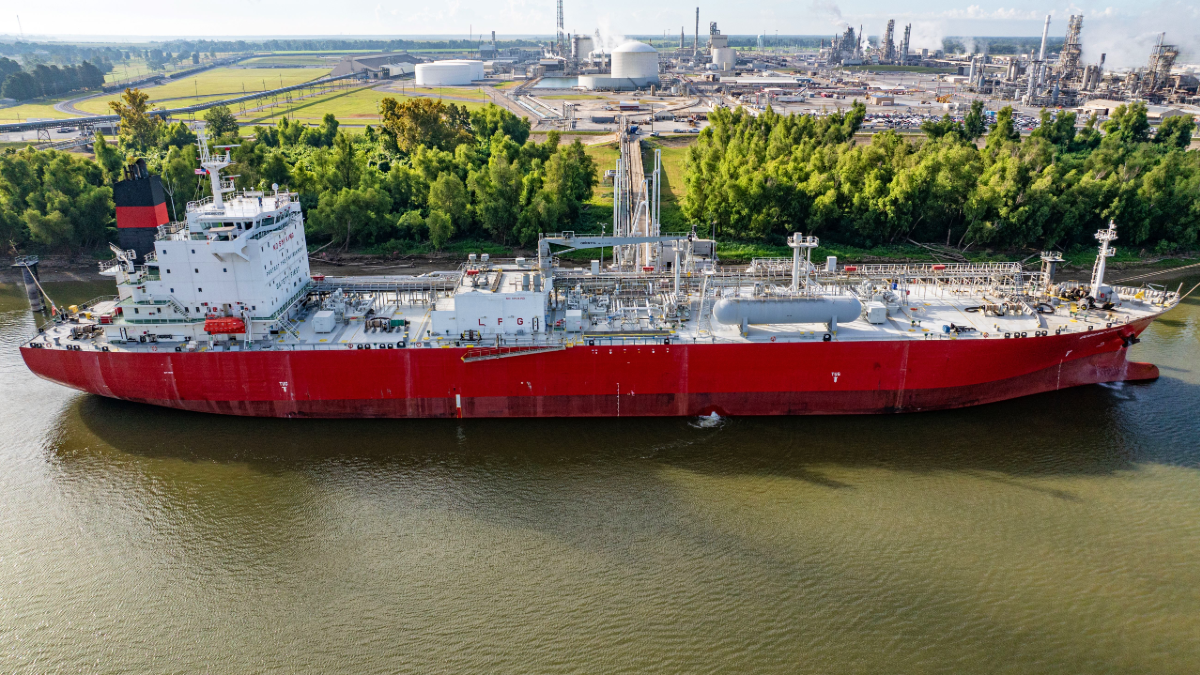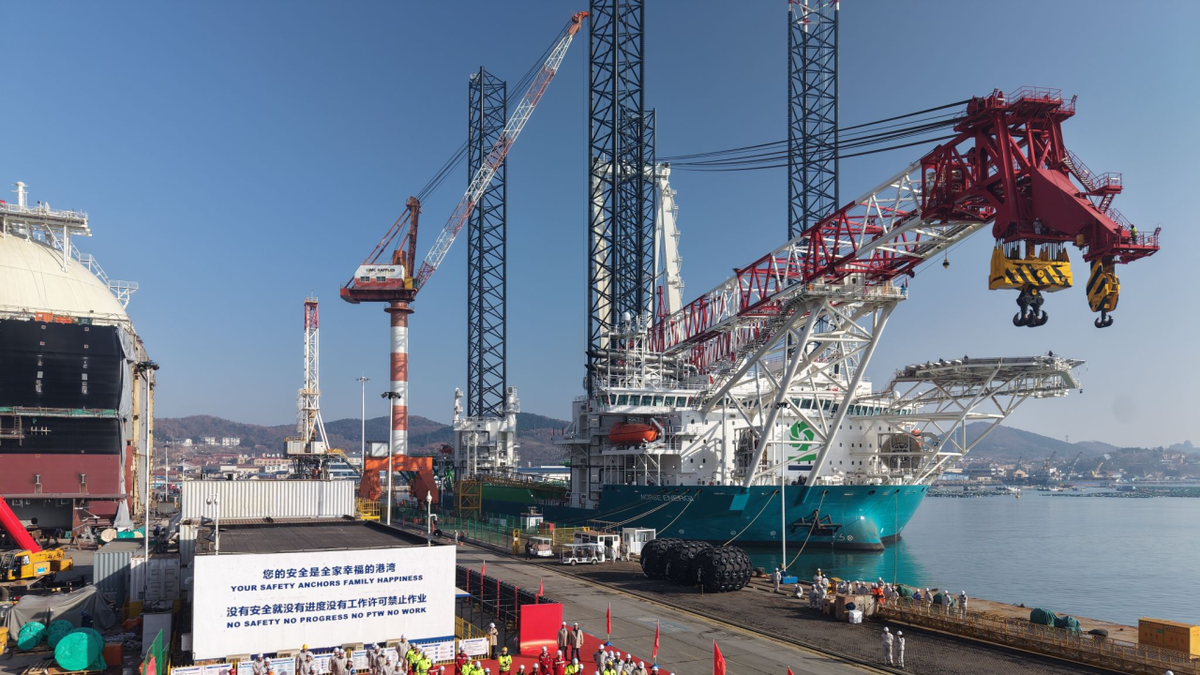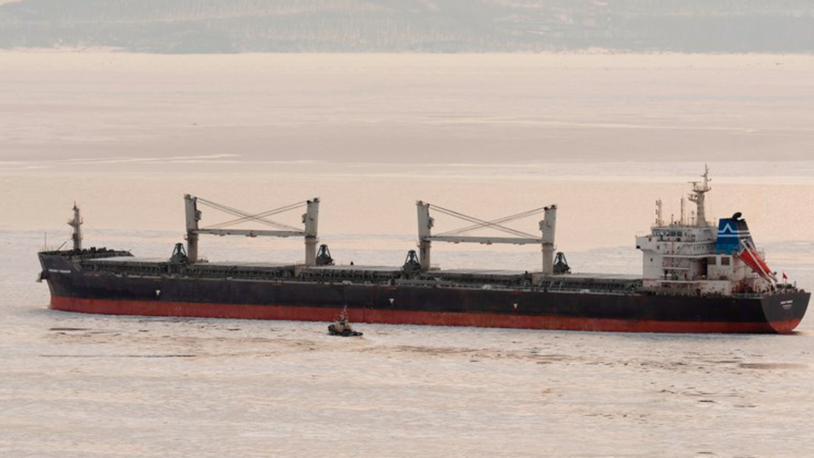Business Sectors
Events
Floating energy: successfully unlocking stranded gas using FLNGs and FSRUs
Contents
Register to read more articles.
ABS approves unmanned AI-assisted ammonia engineroom tech
A US classification society has approved technology developed to remove crew from the enginerooms of ammonia-fuelled ships
HD Korea Shipbuilding & Offshore Engineering (HD KSOE) and HD Hyundai Heavy Industries (HHI) have secured approval in principle (AiP) from ABS for their design for unmanned engineroom and artificial intelligence (AI)-driven safety package.
This was part of HD Hyundai’s work to expand the development of autonomous navigation technology into critical vessel machinery and safety systems.
It would enable ammonia-fuelled ships to be constructed with unmanned enginerooms, removing the need for crew to be exposed to machinery combusting toxic chemicals.
An unmanned ammonia engineroom would be remotely monitored and controlled from a station outside the space, such as on the navigation bridge of an ammonia-fuelled vessel.
The centralised control unit within the engineroom has gas safety technology and could take automated corrective actions if there is a machinery fault.
HD Hyundai’s AI ammonia safety package applies advanced algorithms for machinery management and safety management in conjunction with ammonia-fuelled ship designs.
This package is integrated into HD Hyundai’s integrated safety-control solution (HiCAMS, AI+Vision) and integrated condition-diagnosis solution (HiCBM, AI+CBM). It features a rapid response fire-fighting station in the event of a fire in the propulsion machinery space.
“Our work together with HD Hyundai continues to make significant steps forward in the analysis and application of autonomous technologies in maritime settings,” said ABS senior vice president and chief technology officer Patrick Ryan.
“ABS understands that autonomous systems are not stand-alone products but fully integrated with vessel infrastructure and the result of numerous advancements in a wide variety of mechanisms including sensors, imaging, connectivity, machine learning and application of systems engineering in ship design.”
Enabling an unmanned engineroom would enhance crew safety and enable a shore manager to monitor the performance and operations of propulsion machinery remotely.
“In collaboration with ABS, we have established an improved remote monitoring and automated system, which minimises crew access to the engineroom and is expected to facilitate safer voyages,” said HD Hyundai Heavy Industries executive vice president Jaejun Jung.
“This advanced concept will serve as an applicable solution for future newbuilding projects, meeting the demands of customers who seek safety-first ammonia-fuelled ships.”
Riviera’s fifth international-focused Maritime Hybrid, Electric & Hydrogen Fuel Cells Conference returns to Bergen, Norway, on 29-31 October 2024 to bring together leading vessel owners, energy companies, port authorities, regulators, class, technology and battery manufacturers. Use this link to register and purchase tickets and for more information.
Related to this Story
Events
Maritime Regulations Webinar Week
Floating energy: successfully unlocking stranded gas using FLNGs and FSRUs
© 2024 Riviera Maritime Media Ltd.


